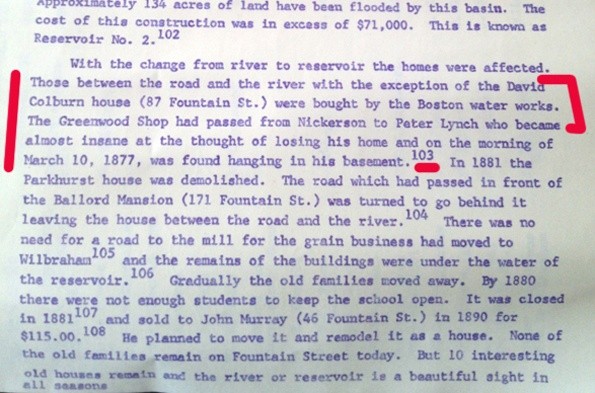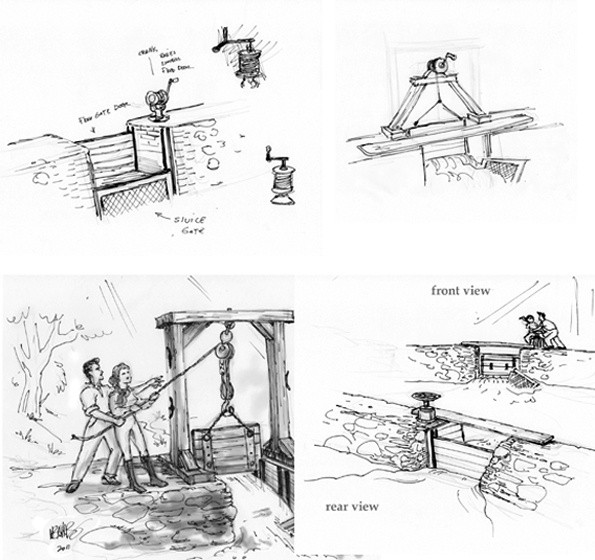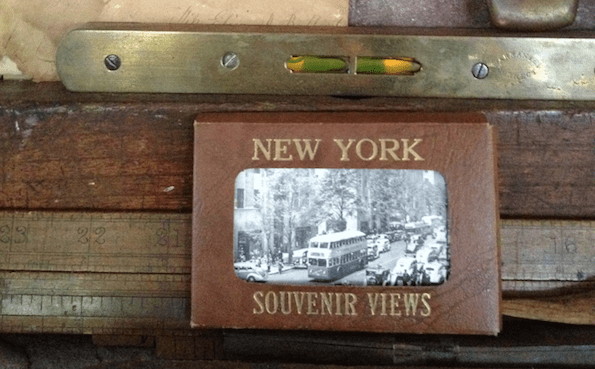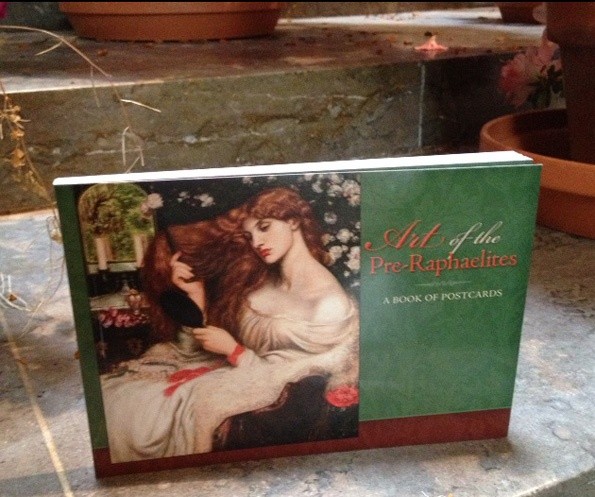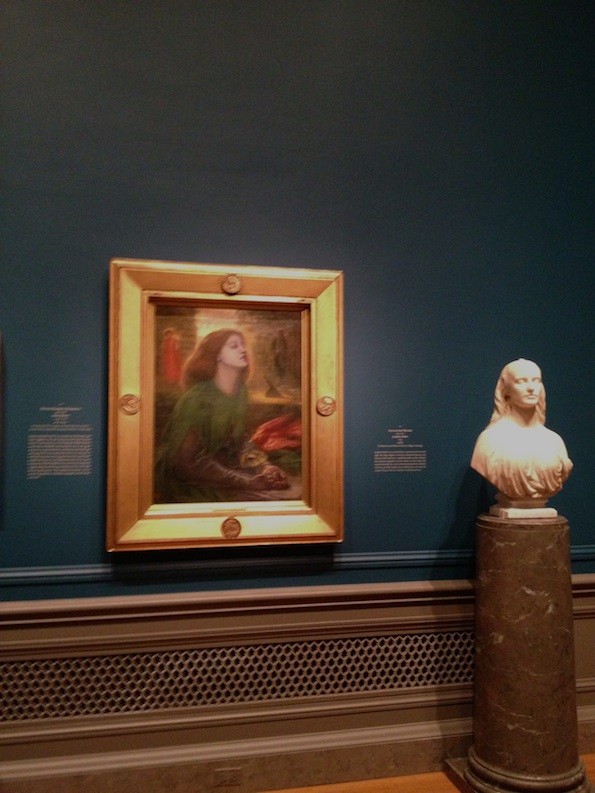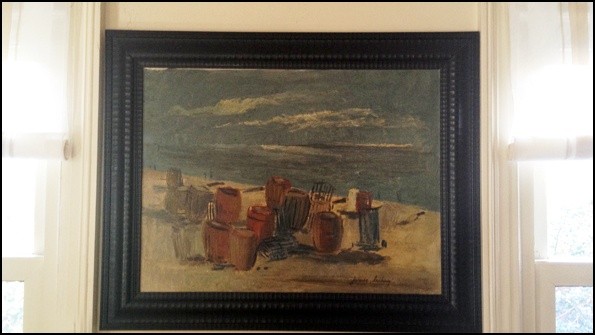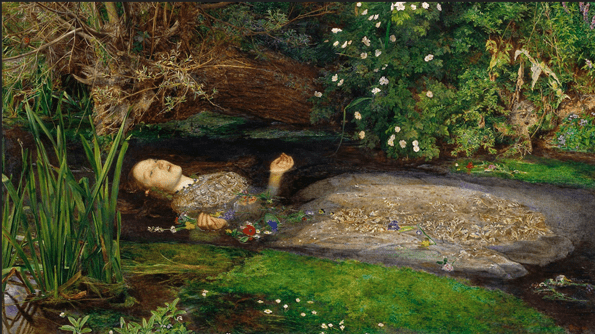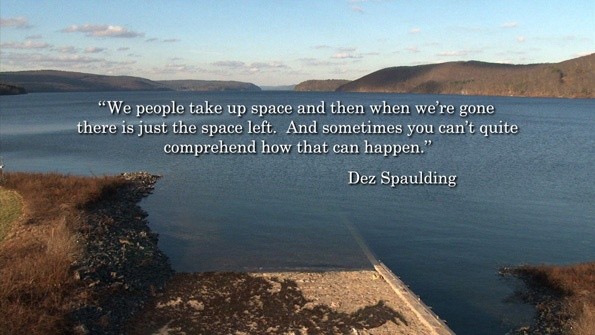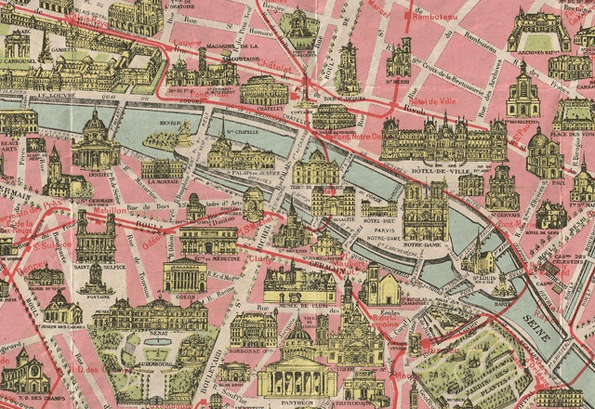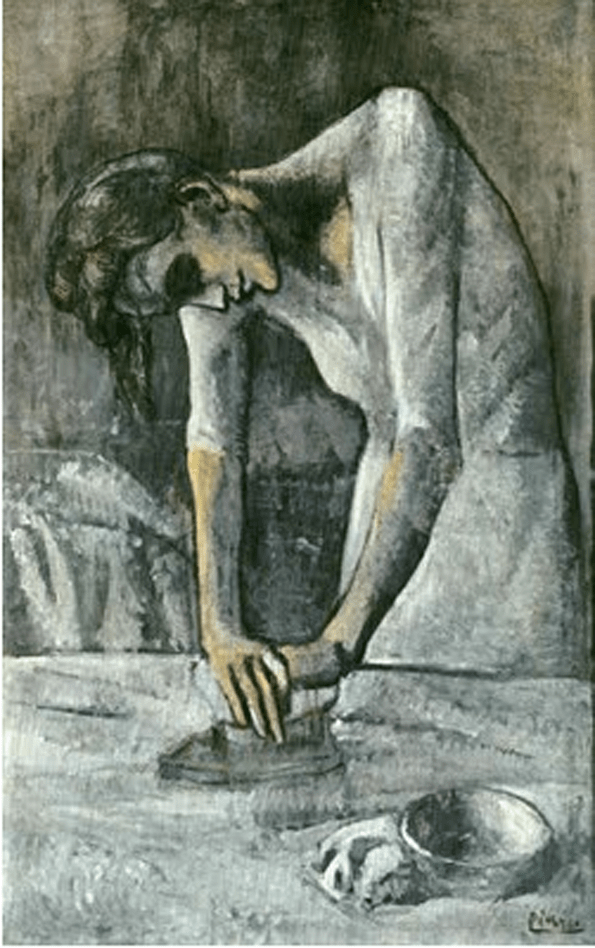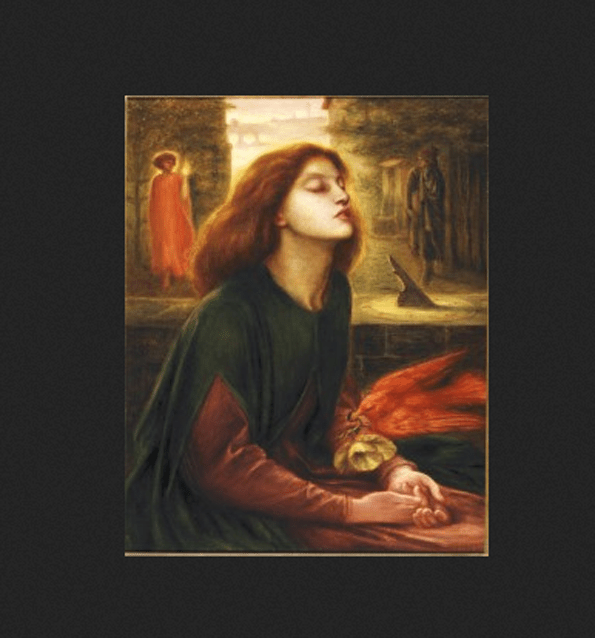I’m a writer and fascinated, naturally, by the way memory plays into storytelling. It can be disconcerting to know that much of what we think we remember is either flat-out false, or at the least, distorted.
The town in which my novel CASCADE is set is based on real towns that were flooded to create a reservoir. At book events, I often tell people that I live on another river that was also flooded, and that my house, built in 1831, was one of the only houses allowed to remain standing, because it was high off the flood zone.
Tragically, I say, in the field to the right of me, an old man lived in the house he had been born and raised in. He was so distraught at the knowledge that he would be forced to leave his lifelong home that he hung himself.
That’s what I tell people, and we always share a sober moment of silence. But even as I’ve been telling that story, I’ve been questioning myself: It’s true, right? I didn’t just make that up? An old man did hang himself? And his house was in the field?
I’ve been half-heartedly trying to find the town history writeup that I knew was somewhere in my house, and now I’ve finally found it. I am relieved to know that I didn’t invent a poor soul hanging in the rafters, but I had messed up the details. A man had killed himself, yes, but in the basement. And he doesn’t seem to have been particularly old. Most striking to me was to realize that he had only recently acquired the house. It hadn’t been his lifelong home at all.
Guts of the story: true. Details: false. I was glad to know I hadn’t completely made up a hanged man, but I concede that I might have. Memory’s tricky that way.
In England, artist A.R. Hopwood has collaborated with a professor of psychology at the University of Warwick to explore the phenomenon of false memory. They are building a “False Memory Archive.” They are interesting to peruse and you are welcome to add your own: http://www.falsememoryarchive.com/

